Targeting competitor’s keywords on AdWords seems like a no-brainer. An easy way to steal your competitor’s traffic, leads, and hard-earned sales.
You simply bid on their terms and showcase why your company is the better choice.
But it’s not that simple.
In fact, when done wrong, you can ignite never-ending bidding wars that end up exploding your cost per click and destroying your bottom line.
Or worse, you can face very serious, potentially business-ending legal issues.
That’s why we created this guide, to give you peace of mind (and help you nail your Adwords Competitor Targeting strategy).
With specific rules crafted by Google and trademark laws, even the most simple of mistakes while doing AdWords competitor targeting can land you in hot water.
But this isn’t meant to scare you.
Here’s everything you need to know to do AdWords competitor targeting right to avoid legal issues and capitalize on your competitors leads.
What is Competitor Targeting on AdWords?
The idea of competitor targeting on AdWords is pretty simple:
Listing out the competitors in your industry who offer similar products and services, you can bid on their branded terms.
For instance, when conducted a branded search for Constant Contact, the email marketing platform, you can see that three other companies are bidding on that search term:
Why are they bidding on it despite being different companies? And on a branded search?
For the simple reason of wanting to steal potential traffic, clicks, and leads from people looking for Constant Contact.
They want their brand name in front of the eyes of people who are brand-aware for Constant Contact.
And it works.
They aren’t paying unless they drive a click from it. And chances are, since it’s a brand-aware search, people are going to click on Constant Contact the majority of the time.
Meaning those competitors are simply getting free brand awareness and possibly making people reconsider their decision to look at Constant Contact.
In a nutshell, AdWords competitor targeting is simply bidding on the branded search terms for your biggest competitors in your space.
Whether it’s the other local grocery store in your area or a competitor’s SaaS tool, anyone can do it.
But it’s not as simple as firing up a new campaign on their keywords.
You have to know what you’re doing to avoid potential legal ramifications or penalties from Google.
Here’s what you need to know.
Be Careful and Follow the Rules
Before diving headfirst into competitor targeting, there are a few things you should be aware of.
Let me repeat this: doing competitor targeting wrong can result in massive penalties and even lawsuits (if you do it really wrong).
It’s tempting to just launch a new campaign and showcase why your product is the better option. But without learning the rules and legal implications, you could find yourself in hot water.
According to Google’s Trademark Rules, here are a few key things to avoid:
- The use of a trademarked brand name in your ad text: for instance, if you are selling sporting or tennis shoes, you can’t say “Better Shoes Than Nike.” That’s an illegal use of their trademarks and will get reported fast. Google then restricts your ads, removes them or can result in even worse penalties.
- The use of trademarked brand names in your display URLs: in the display path URL, you can’t use a trademarked brand name. For instance, your URL can’t say “www.site.com/better-than-nike-shoes”
Google reserves the right to remove any use of trademarks on your ads in Google following a complaint. Here’s what Google says:
If a trademark owner submits a complaint to Google about the use of their trademark in AdWords ads, we will review it and may enforce certain restrictions on use of the trademark. The following policies apply to trademarks used in text ads on the Search Network…however, Google may remove specific ads on the Google Network in response to trademark owner complaints.”
But there are certain exceptions to the rules when it comes to trademarks.
For instance, are you an authorized advertiser? If the owner of the trademark has given you the authorization to use it, you are free to use the trademark.
Are you a reseller? For example, are you a dealer that sells branded items? If so, you can advertise using those trademarks in your ad texts.
Lastly, if you are an information-based site, like Consumer Reports or CNet, you can use trademarked names.
Be sure to follow these rules before getting into competitor targeting to ensure you avoid penalties or legal issues.
Is Your Own Brand Trademarked and Protected?
If your brand isn’t trademarked, someone can easily be putting your company name in their ads.
Meaning they could currently be stealing your traffic and it wouldn’t be breaking any trademark or Google laws.
If you want to protect your brand, it has to be trademarked.
So, how do you do it?
It’s a relatively simple process that just requires time, effort and the information you have on your business.
Chances are, you’ve likely already done it. But if you haven’t you can head to the United States Patent and Trademark Office site (or the corresponding site for your Country) to get the process started.
Start by searching the trademark database to see if your company name is trademarked. If it’s original, it shouldn’t be trademarked.
Want to learn more about the trademark process? Follow this trademark guide to get your brand name protected today. The guide will walk you through a detailed, six-step process to get your trademark approved:
Once you’ve gone through the trademark process, you can start to monitor your brand mentions on Google that violate these terms of service.
If you notice others bidding on your terms and using your name in their ads or display URLs, you can file a complaint here.
Be sure to take detailed screenshots of the ads that violate these terms of service as proof in case they get taken down by the original creator.
The only way to protect your brand from potential poaching on AdWords is to have an official trademark.
Work on getting yours today if you don’t already have one.
Potential Downsides of Adwords Competitor Targeting
Now that you understand the rules, regulations and potential legal ramifications of competitor targeting, it’s time to get into the potential downsides (beyond legal).
I know, it’s starting to sound like a drag.
But knowing this information is critical to creating campaigns that follow the rules, and more importantly, that generate conversions.
Because bidding for the sake of bidding isn’t going to get you anywhere.
When it comes to bidding on branded terms, they are almost always dirt cheap.
The AdEspresso keyword for paid search is just $2.65 per click. Compared to big terms in the industry for PPC tools and services, that’s nothing.
Two bucks a click seems like chump change.
Plus, when bidding on your own branded terms, quality scores are extremely high, driving the cost per click even lower than average.
When your ads are more relevant, your cost per click drops significantly, and your CTR improves. And when bidding on your own terms, the content is as relevant as it will ever be.
It’s the perfect scenario to capitalize on easy, cheap clicks without doing tons of extra work.
But when you start to bid on competitors, you open the floodgates and risk that perfect balance you’ve built on your own branded terms.
Bidding wars can start out of thin air.
Let’s say you did a Google search for your brand and saw that competitors started showing up on the ad-based search results.
Chances are, you aren’t going to be thrilled about it. You might even return the favor and start to bid on their branded terms.
All of this works to create the perfect storm of inflation, driving your two dollar clicks up to unthinkable amounts until either you or the competition backs out.
Why would someone do this?
Because chances are, due to the nature of branded searches, even if a competitor is bidding on your brand, they likely aren’t getting tons of clicks. The majority will go to your brand, forcing you to pay incredibly large sums of money for clicks that should be dirt cheap or free.
Competitors bidding on your brand and driving up the cost will only result in you paying more for clicks.
In that situation, nobody wins. And doing that to others will only harm your brand reputation and will backfire, giving you some instant bad karma.
When bidding on competitor keywords, the downsides are massive.
But that doesn’t mean you can’t or shouldn’t.
You just shouldn’t focus on outbidding and ranking above your competitor and starting a pricing war that hurts your budget.
Here are three amazing ways to target your competitor’s keywords without legal consequences and fueling the flames of a new internet rivalry.
3 Ways to Target Competitor Ads Safely and Effectively
AdWords competitor targeting requires being cautious. If you are simply saying “Xxxx sucks, choose us.” you probably will get sued for trademark issues and slander.
The truth is, you don’t even have to mention a competitor to steal their clicks! That only makes you seem tacky and could negatively impact brand sentiment.
In fact, not mentioning them is the best strategy you can use to avoid penalties and bid safely on their terms.
And if you don’t drive tons of clicks, who cares. They weren’t yours in the first place. So even a few conversions extra is a win.
Here are three key ways to safely and effectively target their keywords.
1. Blow away their discounts
One surefire way to steal some clicks from your competitors branded searches is to simply beat them out on pricing.
According to Stax Insights, one of the most important aspects of customer decision making at the moment of purchase is pricing.
It’s almost always the most important criteria or among the top three.
Pricing plays a big role in whether a customer will buy from you or not.
If you can afford to beat out a competitor on pricing, then do it. You don’t have to lower your prices for all customers that come in the door, either.
You can selectively offer lower introductory pricing when bidding on a competitor keyword.
When searching for a branded search of “Budget Rental Car,” here’s what the results returned:
While Budget was the branded search, their offer was demolished by their competitor just below them.
Would you rather save up to 35% or up to 80%? Chances are, you’re picking the 80%.
Pro Tip: Analyze your competitor’s ad text and see if you can beat their pricing or offering. Since it’s a key criterion for buying decisions, it’s likely to sway users into your funnel.
2. Create a value proposition that they don’t address
Value propositions are the lifeblood of driving sales and really showing why a user needs your products and services.
It’s a crucial point in the decision-making process where you tap into customer pain points and offer your company as the most effective solution.
For example, take a look at this branded search for “HelpScout.”
Branded searches are attracting people expecting one experience.
So instead of going 360 degrees in the other direction, Hiver capitalizes on HelpScout’s recognition.
They’re “like HepScout,” but for Gmail specifically. The searcher gets many of the same features they were searching for from HelpScout, but with the added simplicity of not using a separate email inbox.
These are subtle ways to improve upon a competitors value proposition and differentiate your brand by positioning against what they don’t do.
You virtually eliminate any chance of being impacted legally while creating ads that really resonate with the audience.
Pro Tip: The key here is to spend time creating a better value proposition than your competitor. Touching on pain points that they don’t address and making the process easier.
3. Use better ad extensions than your competitor
Adwords is great because they provide dozens of ad extension types to give you more room to convey value.
Ad extensions are an exceptional way to add more information to your ads without compromising the witty, compelling nature of your actual ad text.
Do some basic research and see what competitors are using on their branded ads:
For example, Buffer is barely using any extensions or using any detail in their ads. They have two link extensions, but nothing else.
Now, look at BroadcastApp and Airtable just above.
Each uses dynamic ad extensions, showing free plan pricing and details on that plan directly in the ad.
Airtable uses social proof ratings to add trust and credibility. And when 85% of people trust online reviews as much as personal recommendations, you can bet that they’re stealing some branded clicks.
Plus, they also use audience groups to capture attention, like editorial teams, film and video and marketing:
Pro Tip: Research the branded terms you think you want to target. See what the brand does and more importantly what they don’t, and use that to capitalize on their traffic.
Wrapping it Up
AdWords competitor targeting is a risky business.
From potential legal issues to a bidding war that sinks your budget faster than you can blink, problems seem to arise at every step.
But competitor targeting doesn’t have to be dangerous or scary.
Following legal, rule-abiding tips, you can safely bid on competitor terms and capitalize on their traffic without worry.
Try offering better deals and discounts to traffic from competitor terms. Create value propositions that your competitors don’t address to better resonate with their users. Take advantage of ad extensions that they aren’t using.
Following these tips, you’ll be able to generate more unique traffic without pushing anyone’s buttons.
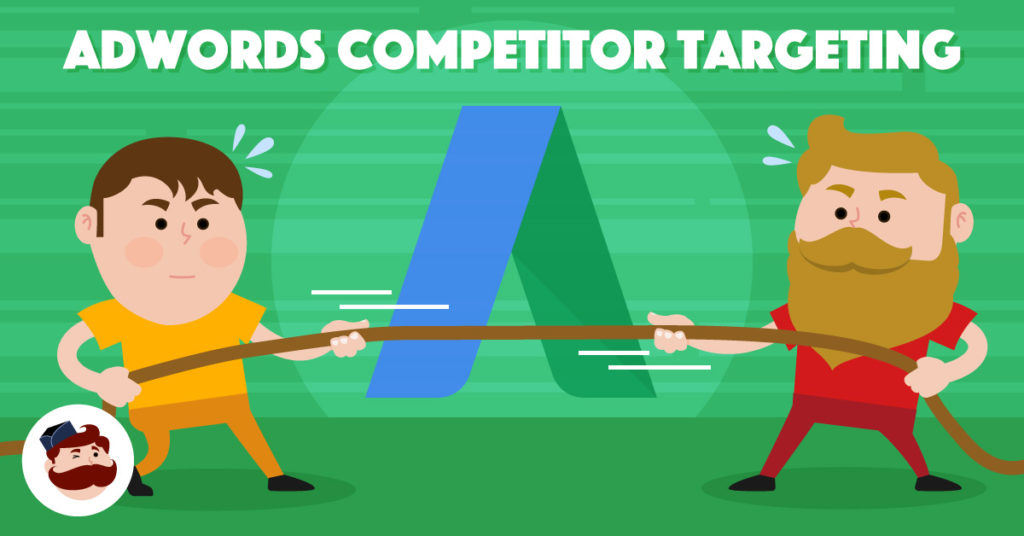
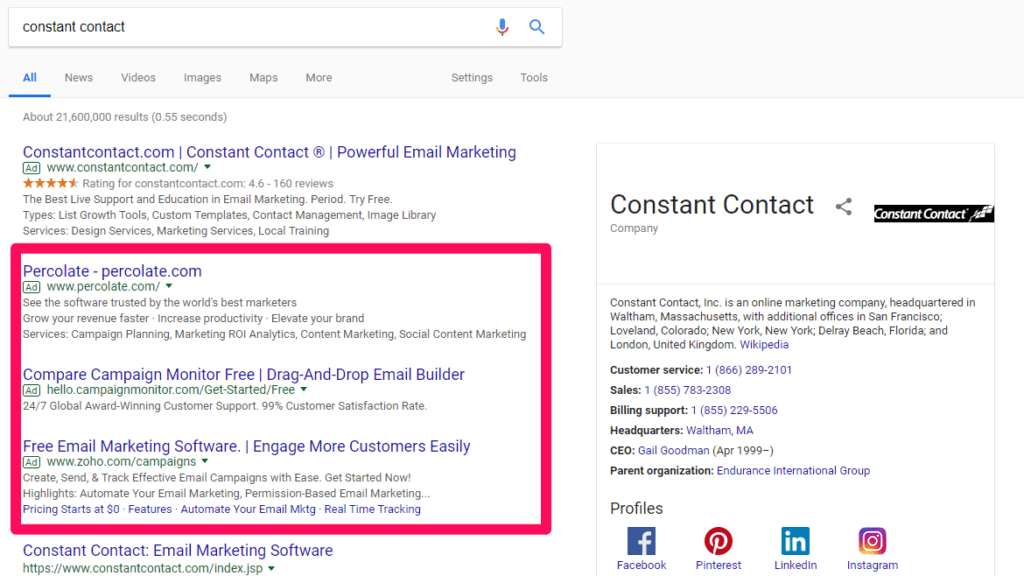
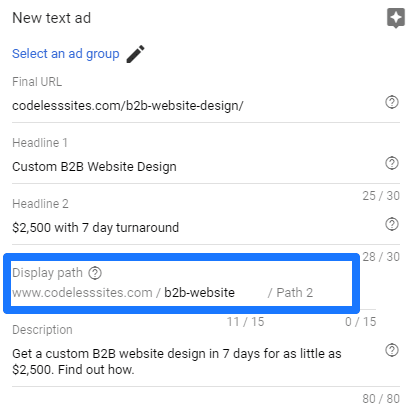

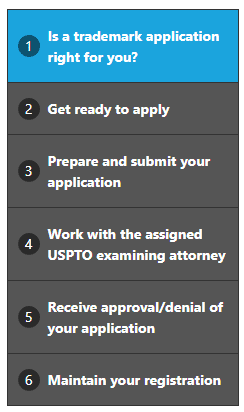
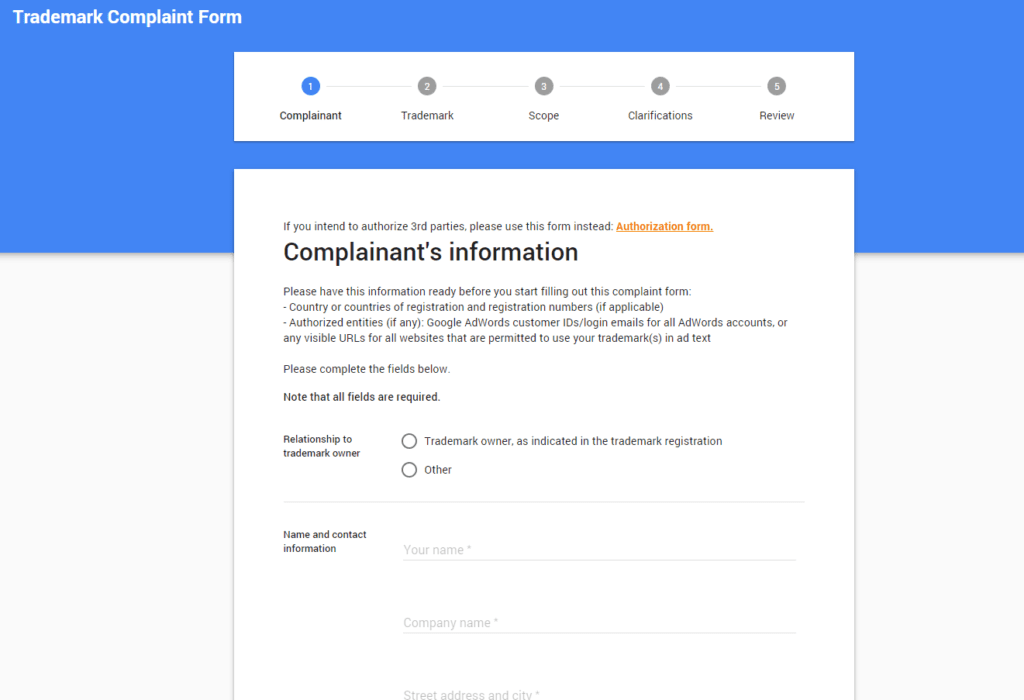
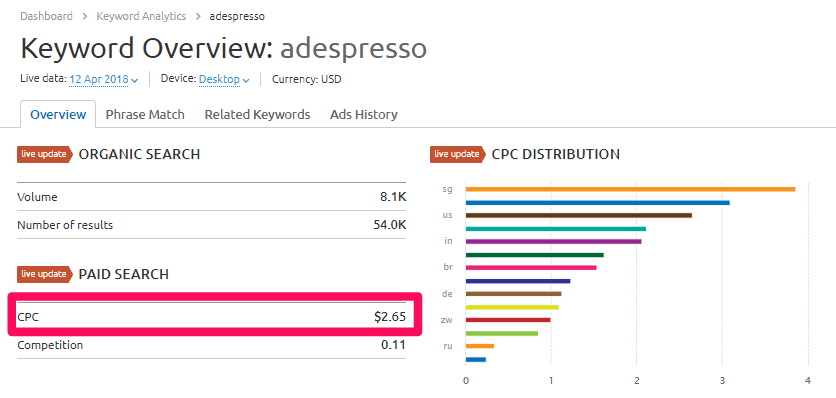
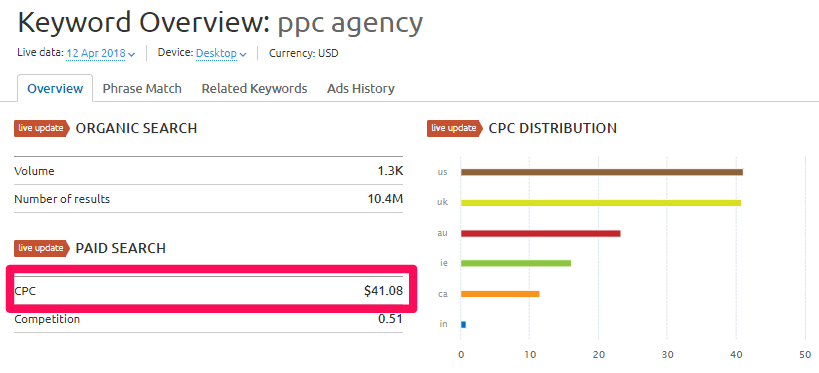
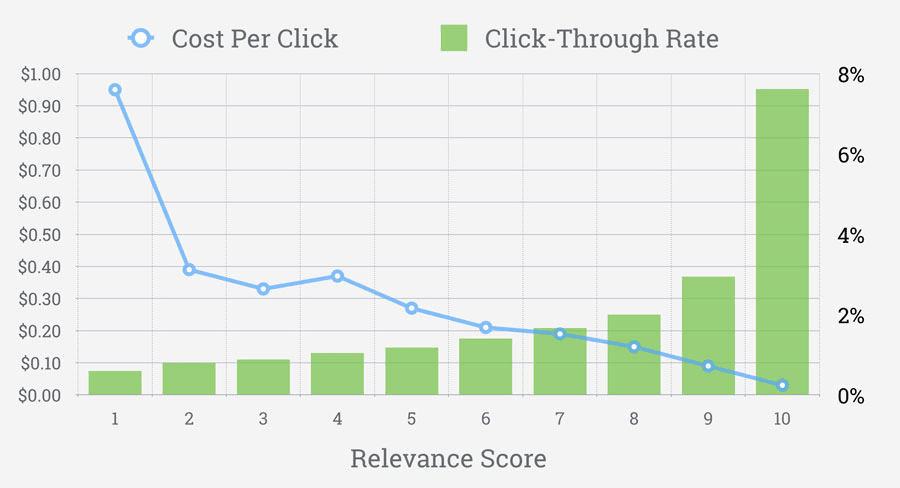




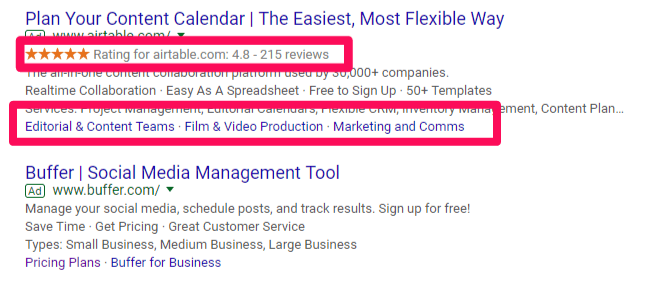
Thanks for this useful information.
Let me try this for my project.
Your strategic tips for “competitors bidding” are great. But what you suggested doesn’t imply one cannot use “brand terms”: it means one cannot use in display URL and title / description.
So the question is: may one bid on a brand term and apply all the other tips to create a great ad copy for the Search Network? The brand name won’t be viewable in the ad.
Thanks
Yes of course, that’s what the article explains…
Thank you for such an informative article on AdWords competitor targeting.
If our brand is trademarked, and our competitors are bidding on our branded search terms without mentioning our brand name in their ads, can we still file a complaint and have Google take action? Thanks again.
Ι think it’s in the article, but in short: no, you can’t.
Thank you for such an informative article on AdWords competitor targeting
I am very interested in how to be the top most at a low cost
It is nice strategy to mention about value propositions that competitor can’t offer. But only problem is knowing what they aren’t offering. To know that, advertiser need to know or have all the ad copy of competitors. Is there a way / tools to help with knowing competitors ads?
Interesting article on an adwords strategy. Are you able to clarify why using “like HelpScout” does not violte trademark policy? I understood that unless you were authorized to use the trademark you couldn’t.
I apply these setting to my website that’s perfect
Trademark infringement is one of the most important things that need to be taken care of when we are trying to target competitors keywords. Thanks for this informative guide.